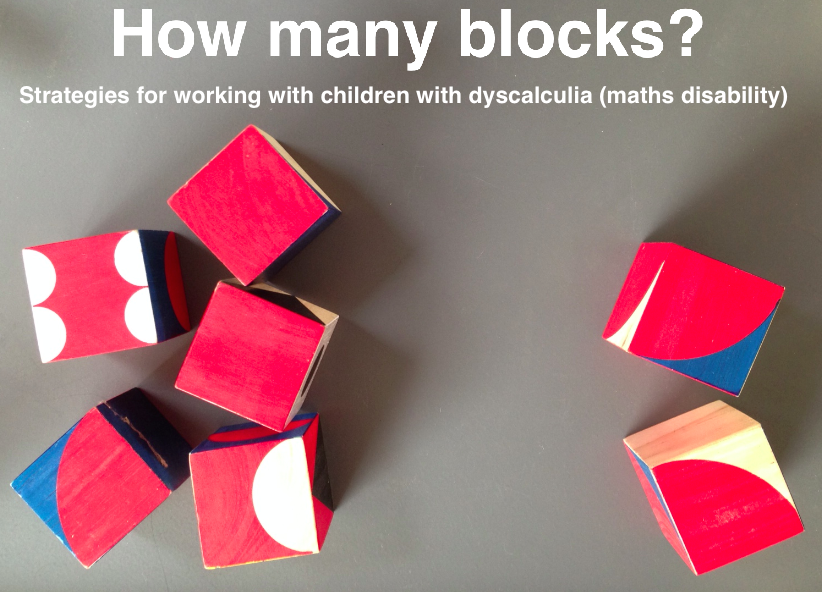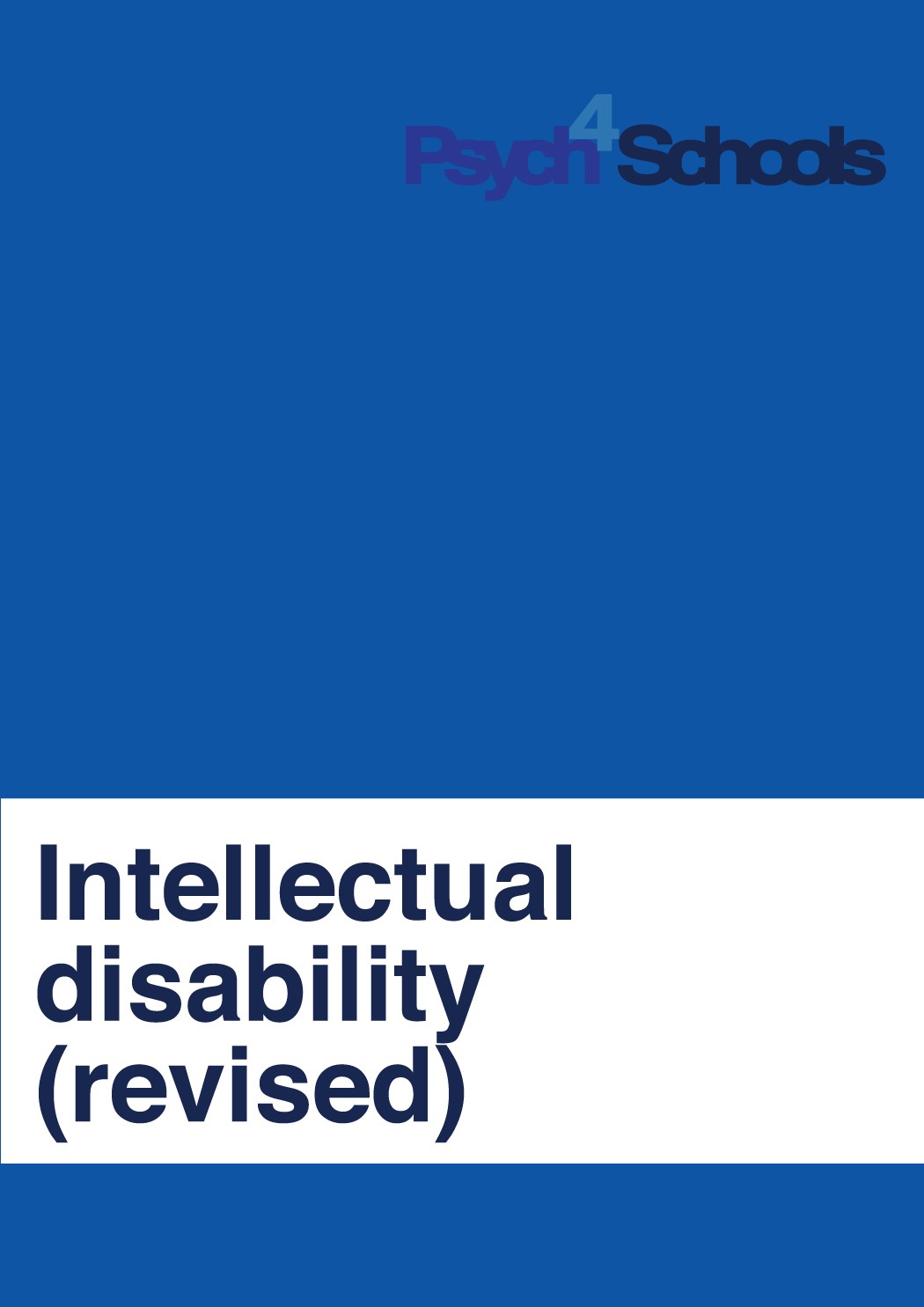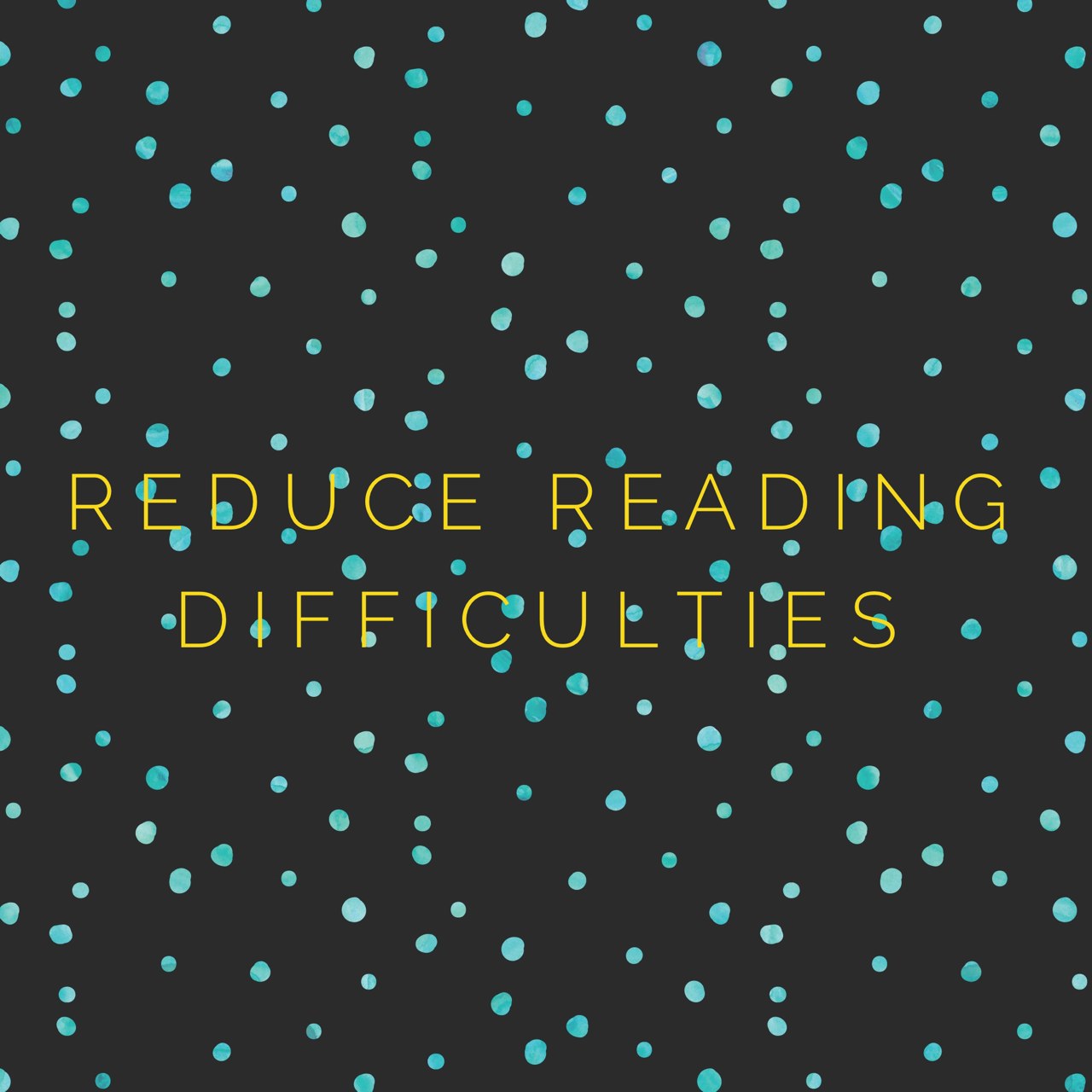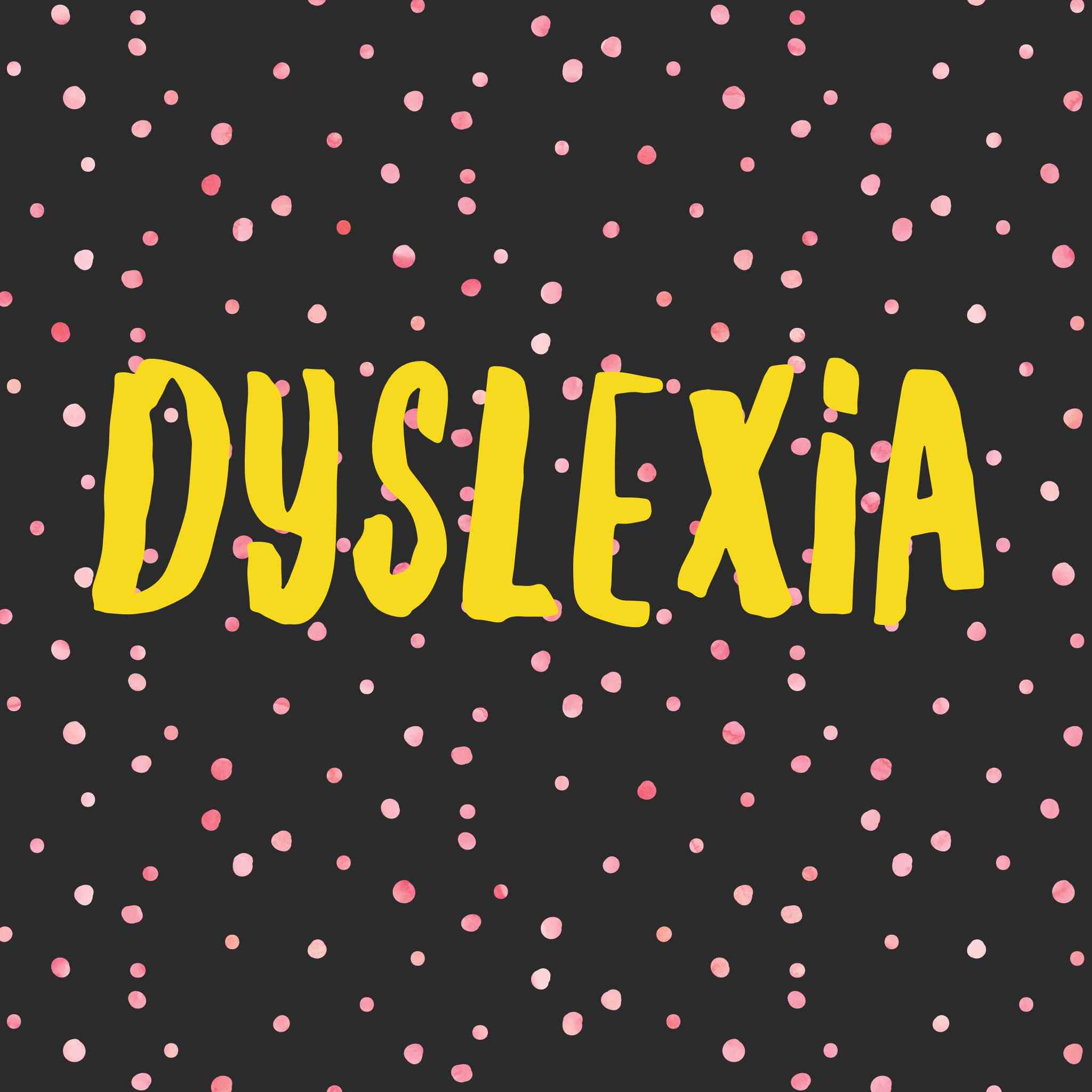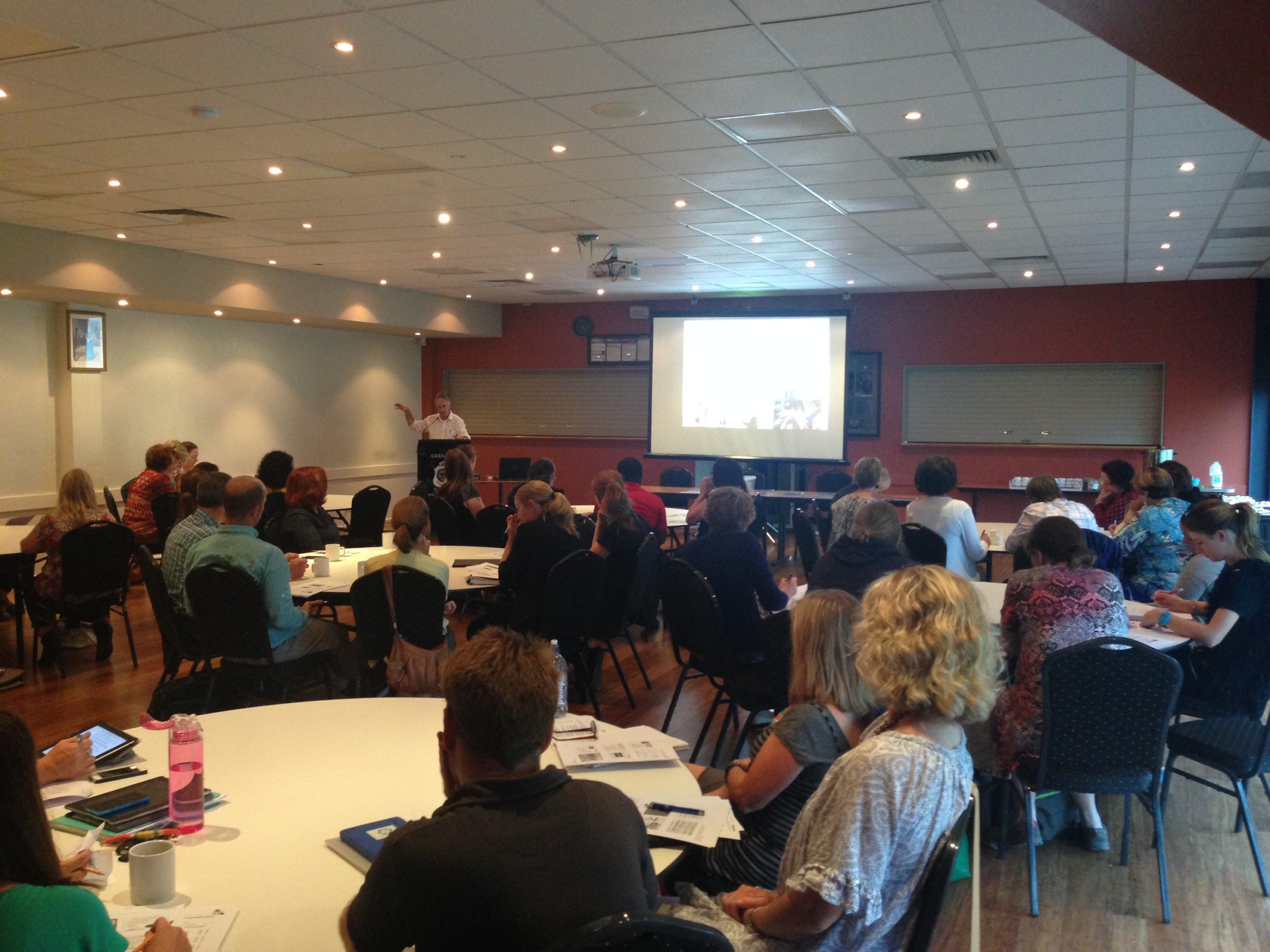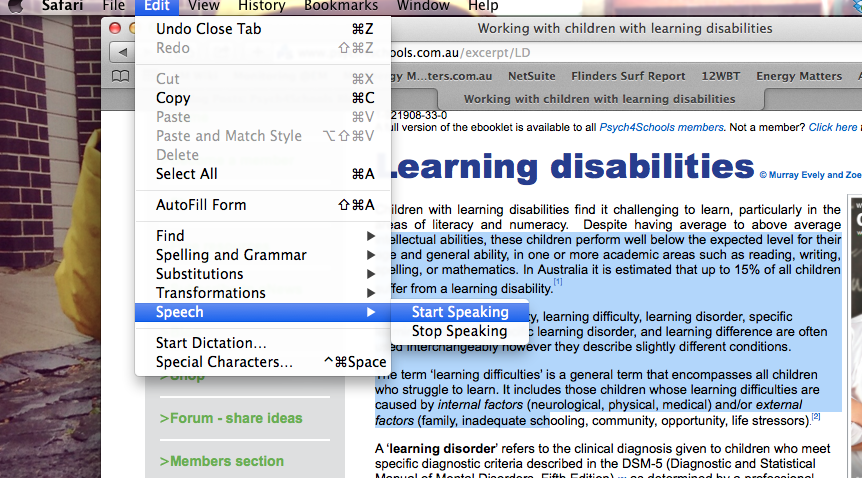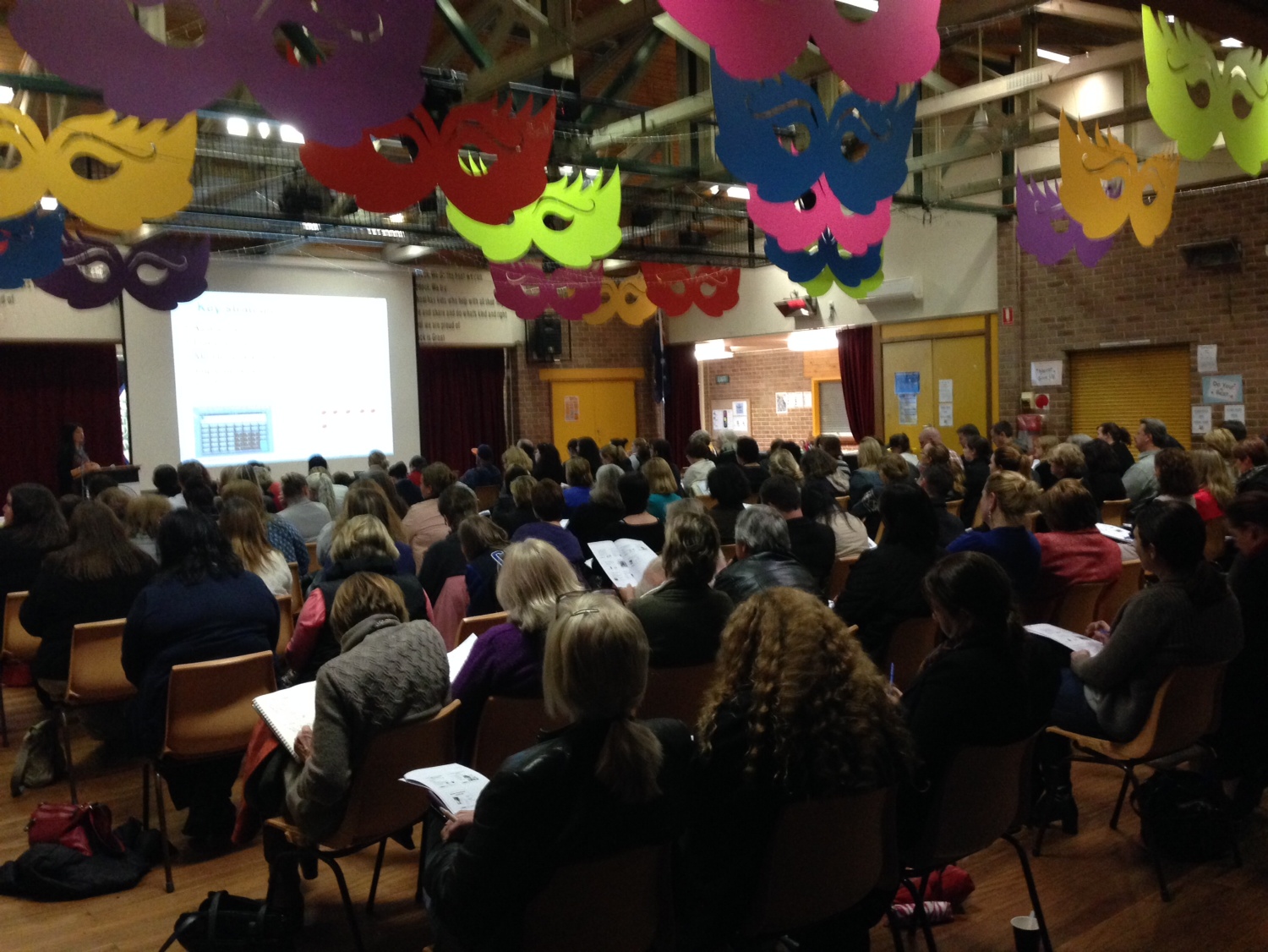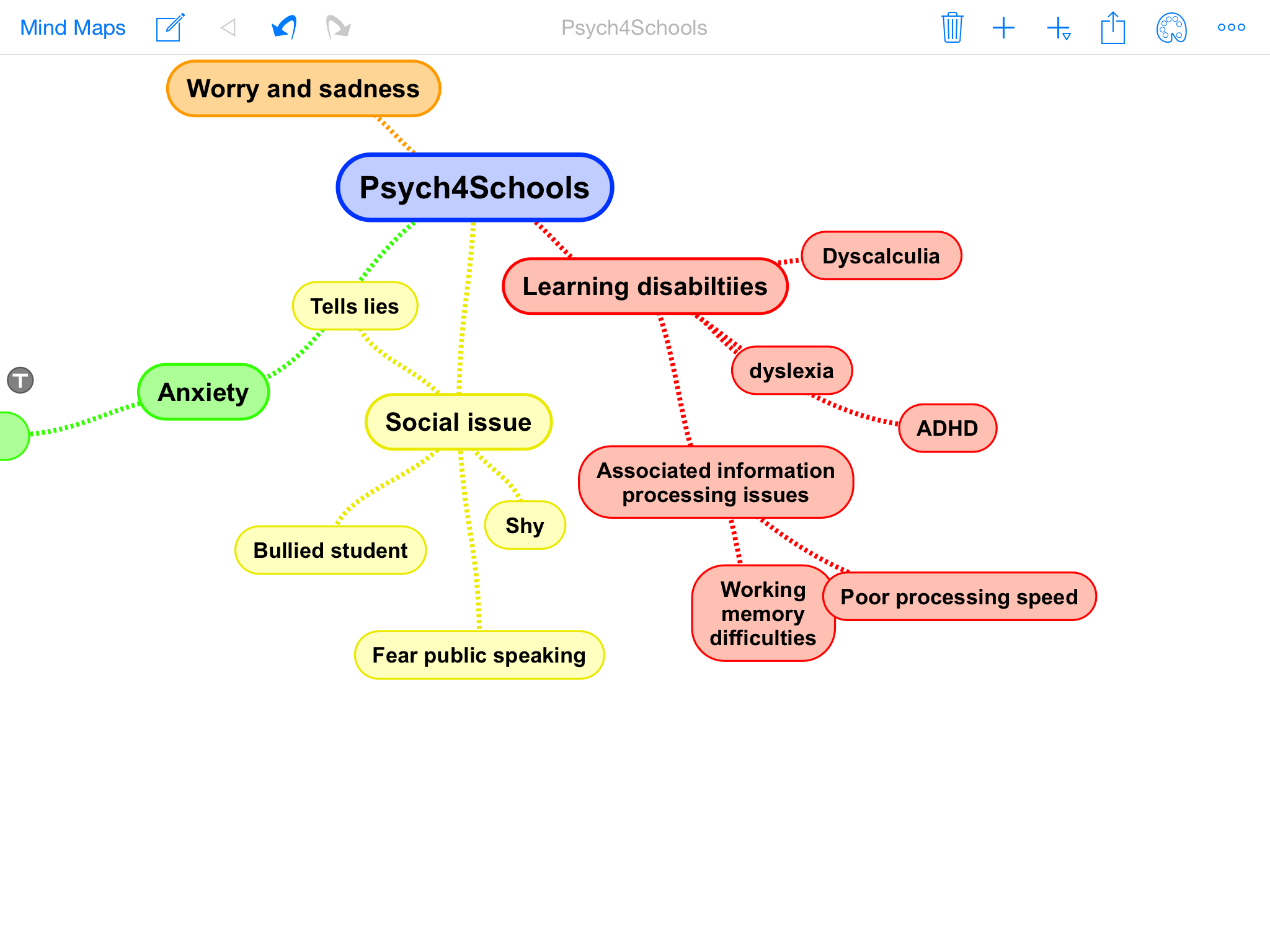Category: Learning difficulties
Dyscalculia is a maths disability
Dyscalculia is a mathematics disability Do you teach students who struggle with the concept of number and calculating? Do they have poor ‘number sense’? Dyscalculia is a mathematics disability causing significant difficulties with: number (size or quantity) the relationship of numbers to one another a lack of sight recognition and feel for number problems with
Read moreAnxiety and Autism Spectrum Disorder
Autism spectrum disorder (ASD) is a collective term for a group of neurodevelopmental disorders characterised by persistent deficits in social communication and social interaction, and by repetitive patterns of behaviour and restricted interests.[1] The severity of autism is diagnosed from mild to severe and reflects the degree of support the child needs in relation to
Read moreDo you have students with a poor sense of number?
With mid-year reports completed, the second half of the year now presents the challenge of helping those who experience significant difficulties grasping the size or quantity of a number and the relationship of numbers to one another. Dyscalculia is a mathematics disability causing significant difficulties with: mastering a sense of number grasping, and understanding the
Read moreA transition profile to assist in supporting a child with ASD
I recently asked teachers to name key things they would like to know about a child diagnosed with autism spectrum disorder (ASD) who was about to come into their class or year level. These discussions revealed some common suggestions: What are the behaviour triggers for the child? What are their likes and interests? How much
Read moreTechnologies for students with dyslexia: Part 2 Writing
By Jemima Hutton Psych4Schools Guest Blogger Dear teachers, This is the second of two blogs, the first related to reading, and this one to writing. Both use scenarios to help you consider ways to implement digital technologies in your classroom. I have specifically written this way in the hope that you will act, not
Read moreTechnologies for students with dyslexia: Part 1 Reading
By Jemima Hutton Psych4Schools Guest Blogger Dear teachers, At 19 years of age, I still act like a total child when it comes to writing something like this blog. I am simply overwhelmed and quite frankly, intimidated by the enormity of the task. The irony of a dyslexic writing about how other dyslexics can engage
Read moreNew release: Updated Intellectual Disability (revised) ebooklet
This week we released the revised Working with children with intellectual disability (revised) ebooklet. The revised ebooklet includes recommendations for how to help students with a mild to moderate intellectual disability in the classroom. Topics covered include: Working with a teachers aide and others in the classroom General classroom strategies Giving instructions Make reasonable adjustments to
Read moreDyslexia part II: Help to reduce reading difficulties
While learning to read seems effortless for many children, for some it can be challenging. As children are assessed mid-year, alarm bells can start to ring for those children who have not shown appropriate literacy growth. The following inclusive strategies, will assist early readers and help reduce the impact of dyslexia on those who have
Read moreWhile learning to read seems effortless for many children, for some it can be challenging. As children are assessed mid-year, alarm bells can start to ring for those children who have not shown appropriate literacy growth. A specific learning difficulty such as dyslexia can be slow to manifest or be identified. For example, a young
Read moreWord games to help prepare children for literacy at school
Children’s literacy skills begin developing long before they begin school. Some might argue that they begin in the womb, where we now know the foetus begins learning the difference between language patterns such as sounds, syllables and vowel lengths. [1]Partanen E, Kujala T, Huotilainen M, et al. Learning-induced neural plasticity of speech processing before birth. PNAS.
Read moreCommon learning disabilities: Recommended resources
Over the past two weeks Murray and I have presented about common learning disabilities in Canberra and Geelong. Students with learning difficulties account for about 16% of all students in the average classroom. As a result, we need to be continually planning and amending our teaching practices to suit the learning needs of both the
Read moreSpeech-to-text and text-to-speech software: Helping students with learning disabilities
I was talking with a teacher recently about the power of text-to-speech software, and the big changes she’s seen not only in the output of work of one of her Year 6 students, but also his improved attitude to writing. Using the software on his laptop he is now able to write two or more
Read moreLearning difficulties the questions teachers ask
Yesterday 160 teachers, psychologists and other school professionals in NSW gave up their afternoon to attend our Five common learning difficulties: Key teaching strategies presentation. The two hour presentation, hosted by Braddock Public School, was jam-packed with the six key teaching strategies for learning difficulties, followed by specific recommendations for the learning disabilities associated with
Read moreApps for learning difficulties
I recently attended a professional learning seminar with Learning Difficulties Australia (LDA) that focused on apps for students with learning difficulties. During the presentation a teacher helped set the speech function on my iphone. The directions were simple, ‘Go to settings, general, accessibility, speech selection ‘on’, highlight words.’ Now using the microphone next to the
Read moreStudent with a slow work pace? Poor processing speed?
Processing speed relates to an individual’s ability to perform simple repetitive cognitive tasks quickly and automatically.[1] Schneider, W. J., & McGrew, K. (2012). The Cattell-Horn-Carroll model of intelligence. In, D. Flanagan & P. Harrison (Eds.), Contemporary … Continue reading. Issues with processing speed only become evident once a person knows how to do a task, rather than in the
Read moreStudents with Severe Language Disorder
Children with a language difficulty have trouble understanding, using and processing language. Approximately 6 per cent of school-aged children have significant speech and language problems.[1] Speech Pathology Australia 2003 sourced from http://www.speechpathologyaustralia.org.au/ In some parts of Australia, the number is as high as 13 per cent. [ref] McLeod, S., & McKinnon, D. (2007). Prevalence of communication disorders compared
Read more